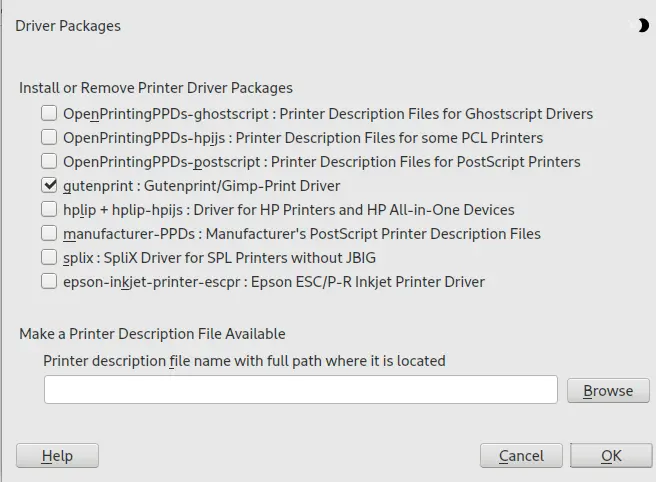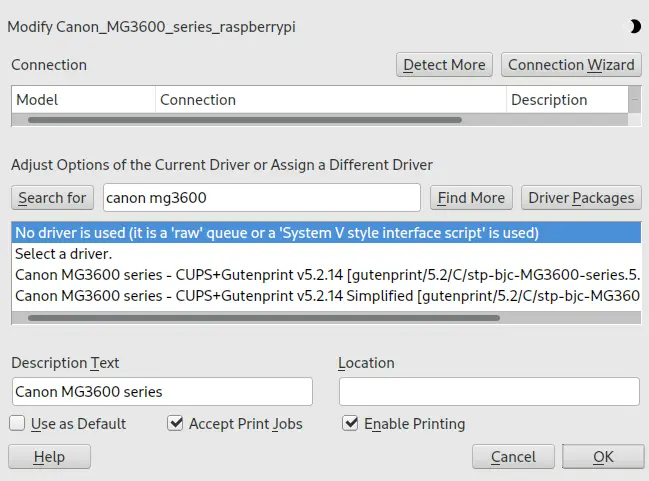I'm so frustrated rn.
I'm so frustrated rn.
I have been distro hopping for about 2 weeks now, there's always something that doesn't work. I thought I would stick with Debian and now I haven't been able to make my printer work in it, I think I tried in another distro and it just worked out of the box, but there's always something that's broken in every distro.
I'm sorry I'm just venting, do you people think Ubuntu will work for me? I think I will try it next.


